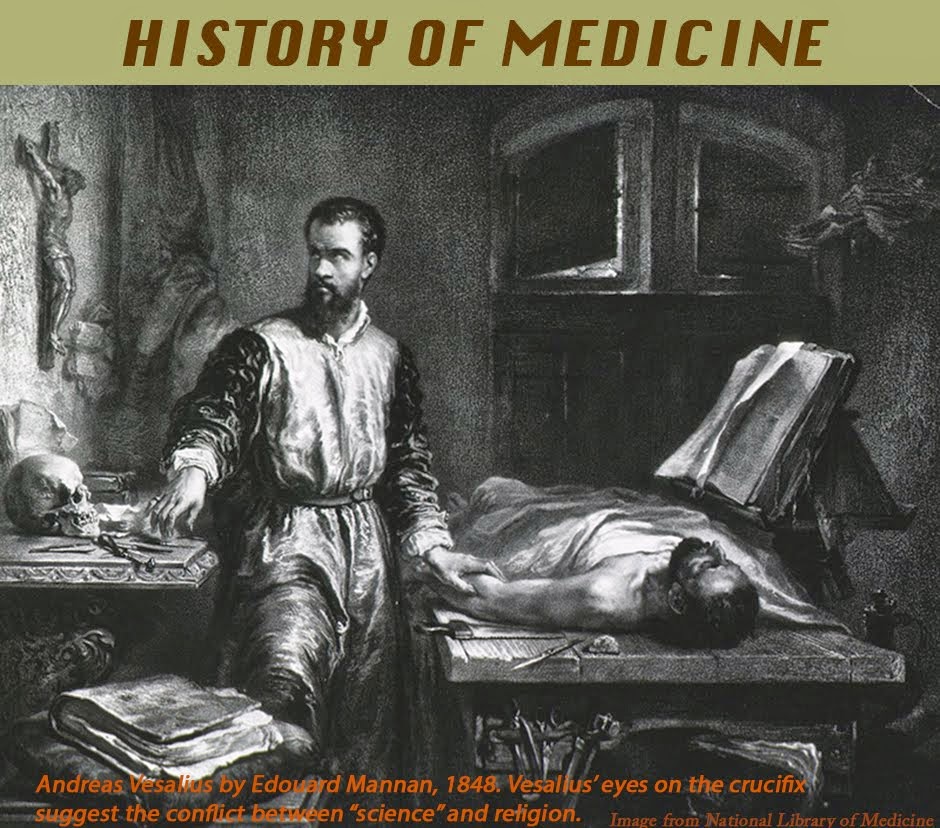QUAKER, DOCTOR, DRUG CRUSADER
Does anyone
remember Squibb toothpaste?
 |
| Edward R Squibb. |
On his return he was assigned to the Brooklyn Naval Hospital under Dr.
Benjamin Franklin Bache, great-grandson of the founding father and nephew of
Dr. Franklin Bache, professor of chemistry at Jefferson Medical College
(chemistry had been one of Squibb’s favorite subjects). There Squibb was provided with a laboratory allowing
him to make drugs of high and consistent quality for the Navy. He made several medications but focused
on ether. Surgeons were unsettled by inconsistent effects of the newly
discovered ether, and Squibb found this to be related to variations in its
purity. He invented a steam distilling process that avoided the dangers of
distilling the alcohol-sulfuric acid mixture by flame, attended to caliber of
ingredients, and produced a reliable, pure product. He never patented the
process, feeling it wrong to patent something of such human value. He also made
pure chloroform (from chloride of lime and alcohol) and did extensive testing
of available drugs, measuring and documenting their impurities such as straw,
chalk, and plaster of Paris.
 |
| Steam distilling apparatus, diagram. From Internet Archives |
One day a young employee, dizzy from pouring ether into small bottles,
knocked one over. The volatile liquid ran down the long table toward a candle
at the end. Flames leapt up, larger bottles exploded, and a sheet of flame
roared up between where Squibb was and the exit stairways. Squibb ran for all
his books with notes on experiments, formulas, and the like (his life’s work),
dropped them, picked them up again, then charged through the flames, setting
his hair and clothing on fire. As he burst out onlookers wrapped his torso to put
out the fire on his clothing and gaped at his absent hair and his blackened
face and hands.
Recovery was slow. Although he retained his vision his eyelids were so damaged
that he had to wear protective goggles when going outside and tape his lids
shut at night. His hands were severely scarred as was his face, inducing him to
grow a beard to partly cover it. But Squibb was undaunted. A group of local
physicians and pharmacists raised money (beyond insurance funds) to rebuild the
lab, this time done with concrete. Squibb paid all the money back even though
it had been intended as a gift. He was soon back to work.
The Civil War did indeed keep the Squibb Company busy and the firm
expanded. Medical supplies often were not readily available to battlefront
surgeons since they were transported in large wagon trains, so Squibb developed
a “medical pannier” – a smaller container for medicines, dressings, etc, that
was small enough (up to 88 pounds) to be carried by a horse, mule, or ambulance
directly to the front. (It can be seen at: http://www.civilwarhome.com/medicalstaff.html)
Eventually the Army opened its own manufacturing facilities as Squibb became
overwhelmed.
One of Squibb’s best friends from medical school, George White, a physician
then practicing in Georgia, asked Squibb during the war to provide food or aid
to certain southern soldiers in northern prisons. Squibb readily did so, lamenting the
bitterness of the war. During this time his wife
developed epileptic seizures, another worry. She even went through a couple of
pregnancies with seizures, though they ceased after menopause.
After the war his lab’s reputation for high quality products continued
to rise, leading to orders from as far away as Japan. He was rigid in his
manufacturing demands, and people knew it. As late as 1899 The Boston City
Hospital could state that of the ethers used, “Squibb’s is still preferred by
most house officers” (Bost Med Surg J v 141: 312, 1899). The lack of wartime
pressure, however, allowed Squibb time to exercise a wider nobility of purpose,
likely related to his Quaker upbringing – improving the quality of all drugs. He
became a member, in 1860, of the convention that revised the U.S. Pharmacopoeia every ten years. He
helped to throw out useless preparations and raise standards for purity. Less
successful was an attempt in the 1870s to have control of the Pharmacopoeia transferred to the AMA,
provoking a revolt from the pharmaceutical community. He wrote pure food and
drug acts for New York State and for New Jersey, paving the way for a national
act later.
 |
| Inside vol.1 of An Ephemeris. From Internet Archive |
As he grew older Squibb spent less time in the shop. His two sons,
having obtained their medical degrees, were filling in, and the firm was
renamed E.R. Squibb and Sons. The scarring from his burns persisted, and in
1896 his left hand was amputated for a carcinoma that had developed. At the
surgery he administered his own anesthesia until he lost consciousness. He died
in 1900 of cardiac failure.
Edward Squibb is remembered chiefly for his many pharmaceutical contributions,
his drive for reform, and his irreproachable integrity.
Works consulted:
Blochman, Lawrence G: Doctor Squibb: The Life and Times of a Rugged Individualist. 1958
Navy Medicine
2005, v 96 (3,4): 24-27 in each. (Biography of Squibb)
Bost Med Surg J.
1899, v141: 312-14 Ether at Boston
City Hosp
J Hist Med Allied Sci
1958. v13 (2): 382-94. The Squibb Lab in 1863.
Amer J Med Sci
1852, 23: 54-68. Mediterranean experience.
An Ephemeris of
Materia Medica, Pharmacy, Therapeutics, and Collateral Information,
Scattered articles.
Am J Health-Syst Pharm
2000. v57: 475-89.Pharmacy in the Civil War.
